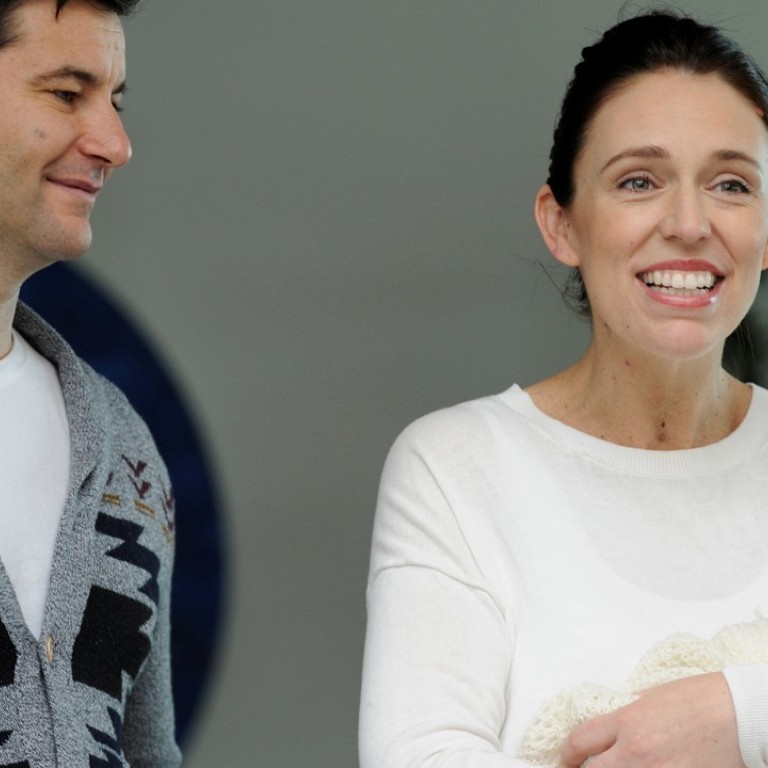
With government help, women in Hong Kong need not have to choose between careers and motherhood
Paul Yip says that the birth of the New Zealand prime minister’s child is a reminder that with the proper support, women can choose to have both children and their careers. New Zealand and Denmark are two examples showing how it can be done
There are some critics who say she is not being realistic about coping with two highly demanding jobs: head of government and mother. Certainly, as a prime minister, she would be busy enough. Some suggest that she needs to identify more deputies with whom she can share duties.
The high living costs in Hong Kong usually require more than one income in a family to meet needs. The severe shortage of childcare services worsens the situation. Parents, usually the mother, must make the tough call of either pursuing their careers or staying home to look after the children.
Parents should be given the necessary support to look after our younger generation. Our recent study shows parents are a very diverse group. Some prefer to stay home to look after their own children, while some hope to remain in the workforce and others want both, albeit with a more flexible working arrangement. One size never fits all.
It is in the interest of the government that more choices and support be made available to parents. With appropriate support, they can participate in the workforce, so as to lower the poverty rate and improve the well-being of families. The poverty of single-parent households in Hong Kong is about 28 per cent, compared to only 10 per cent in Denmark, where there is more comprehensive childcare support. The investment in childcare can actually help reduce social welfare spending.

We should aim to build gender equality in society through a family-friendly work environment and helping individuals pursue their dreams.
New Zealand has been championed as an ideal place to raise a family. It has attracted many migrants from Hong Kong and elsewhere. In my recent visit, I found that it is not just a land of beautiful parks, affordable housing, clean air and water, safe food and quality education, but a place where parents can make choices with the necessary support.
The prime minister seems intent on enjoying her work and looking after her newborn. If there is to be any hope for a rebound in fertility in Hong Kong, we must cultivate a supportive environment for parents to make similar choices.
Paul Yip is chair professor (population health) at the Department of Social Work and Social Administration of the University of Hong Kong

